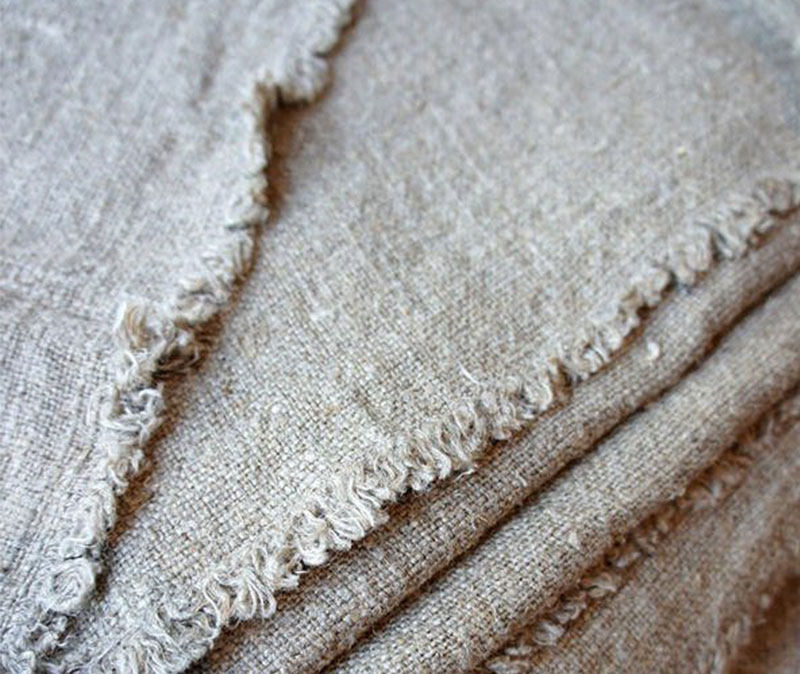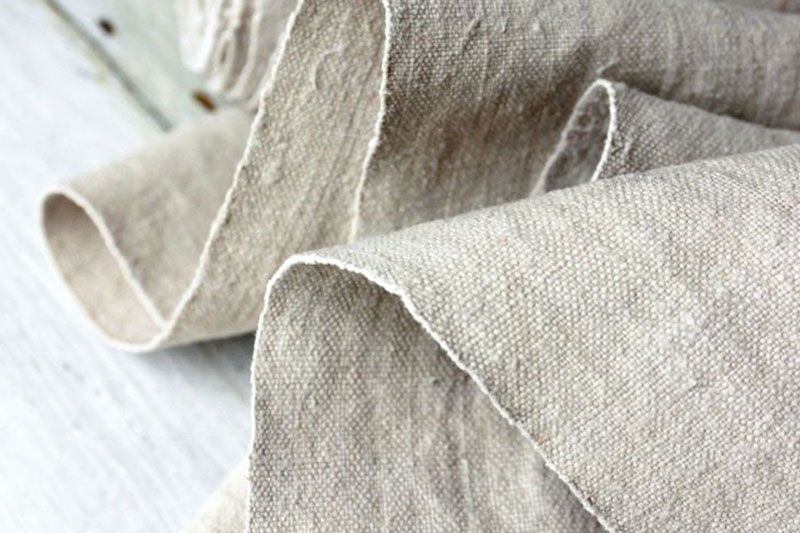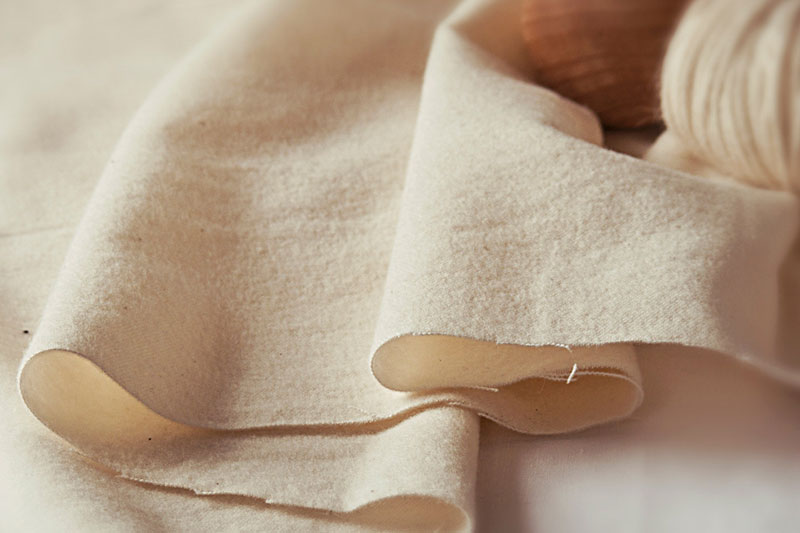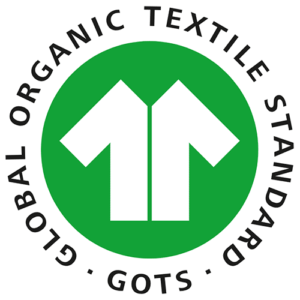
There are 3 factors considered when determining the most eco-friendly fabrics:
• The sustainability of the input materials
• The harshness/toxicity of any chemicals required for processing
• Production waste.
Hemp
Hemp’s characteristics as a textile make it a very desirable choice. Hemp grows well without the use of chemicals: usually no pesticides or fungicides are used because it has few serious fungus or pest problems . No herbicides are generally used because dense plantings shade out weeds; no defoliants are needed (as they are with machine harvested cotton) because the dried foliage is not a problem for harvesting.
Hemp requires less water than other crops to and is actually drought tolerant – and usually grows well without irrigation. Globally, 77% of cotton crops are irrigated.
Hemp is stronger and more durable than any other natural fabric it has a longer lifespan than other natural fabrics. Hemp actually becomes softer, more resilient and more lustrous as a result of washing. Hemp’s superior absorbency, due to its porous nature, means that it is very breathable and quick drying. Hemp fiber is highly resistant to rotting, and its resistance to mildew, mold and salt water led to its premier use in marine fittings: the majority of all twine, rope, ship’s sails, rigging and nets up to the late 19th century were made from hemp. The word canvas itself is derived from cannabis. Finally, any product made of hemp is fully biodegradable and easily recyclable .


Organic Linen
The Flax plant is moderately easy to grow, and when grown organically without chemical pesticides or herbicides, is very eco-friendly. The outer layers must be retted to get to the inner core which can be directly spun into yarn. Retting of organically grown flax can be done with water alone; no chemicals are required. Only natural, biodegradable waste products are produced .
Recycled PET
PET in fabrics commonly called “Pop or Soda Bottle” fabric. Polyethylene Terephthalate, known commonly as PET or PETE is best known as the clear plastic used for water and soda bottle containers. Today fabrics that are labelled 100% Polyester (PET) are recycled post consumer use. The bottles are recycled into chips –in turn spun into fibre and finally woven into fabric. This is considered today a very sustainable fabric. It is also blended with recycled cotton (post consumer) making a 100% recycled fabric which is very gentle on the environment. As a raw material, PET is globally recognized as a safe, non-toxic, strong, lightweight, flexible material that is 100% recyclable. In fact, it’s the most widely recycled plastic in the world! Virtually all municipal recycling programs in North America accept PET packaging, with recycling of thermoformed PET containers on the rise PET can be identified by looking at the bottom or backs of containers for the #1 resin identification code.
Organic Cotton / Cotton
Cotton is a very water-intensive crop. So even organically grown cotton and conventionally grown cotton which can be spun directly into yarn, falls lower on the eco-scale than hemp or linen. Cotton is the most commonly used eco-fabric and it’s readily available, reasonably priced and one of the most versatile fabrics on the list.

Overview
Choosing any of these fabrics is a positive step in the right direction. However the fibre/fabric used is only one aspect. The very cleanest hemp fabric that is conventionally dyed and doused with chemical finishes will fall lower on the sustainability scale. If you choose something certified under Global Organic Textile Standards (GOTS) or OEKO-TEX 100 standards, you can be certain the dyes and finishes are non-toxic and free of harsh chemicals.Workers rights and Fair Trade practices should figure into your evaluation of eco-friendly. GOTS certifications also include some working condition requirements for employees. Taking all of the above into consideration- we have limitations as to availability and price. As much as possible we are trying to only use fabrics that come with international certification.
Global Organic Textile Standard (GOTS)
 The Global Organic Textile Standard (GOTS) is the worldwide leading textile processing standard for organic fibres, including ecological and social criteria, backed up by independent certification of the entire textile supply chain.
The Global Organic Textile Standard (GOTS) is the worldwide leading textile processing standard for organic fibres, including ecological and social criteria, backed up by independent certification of the entire textile supply chain.







